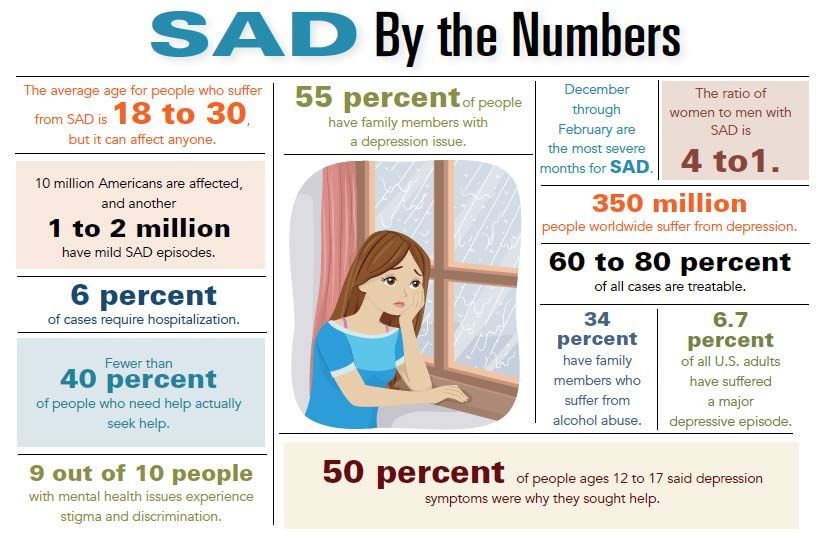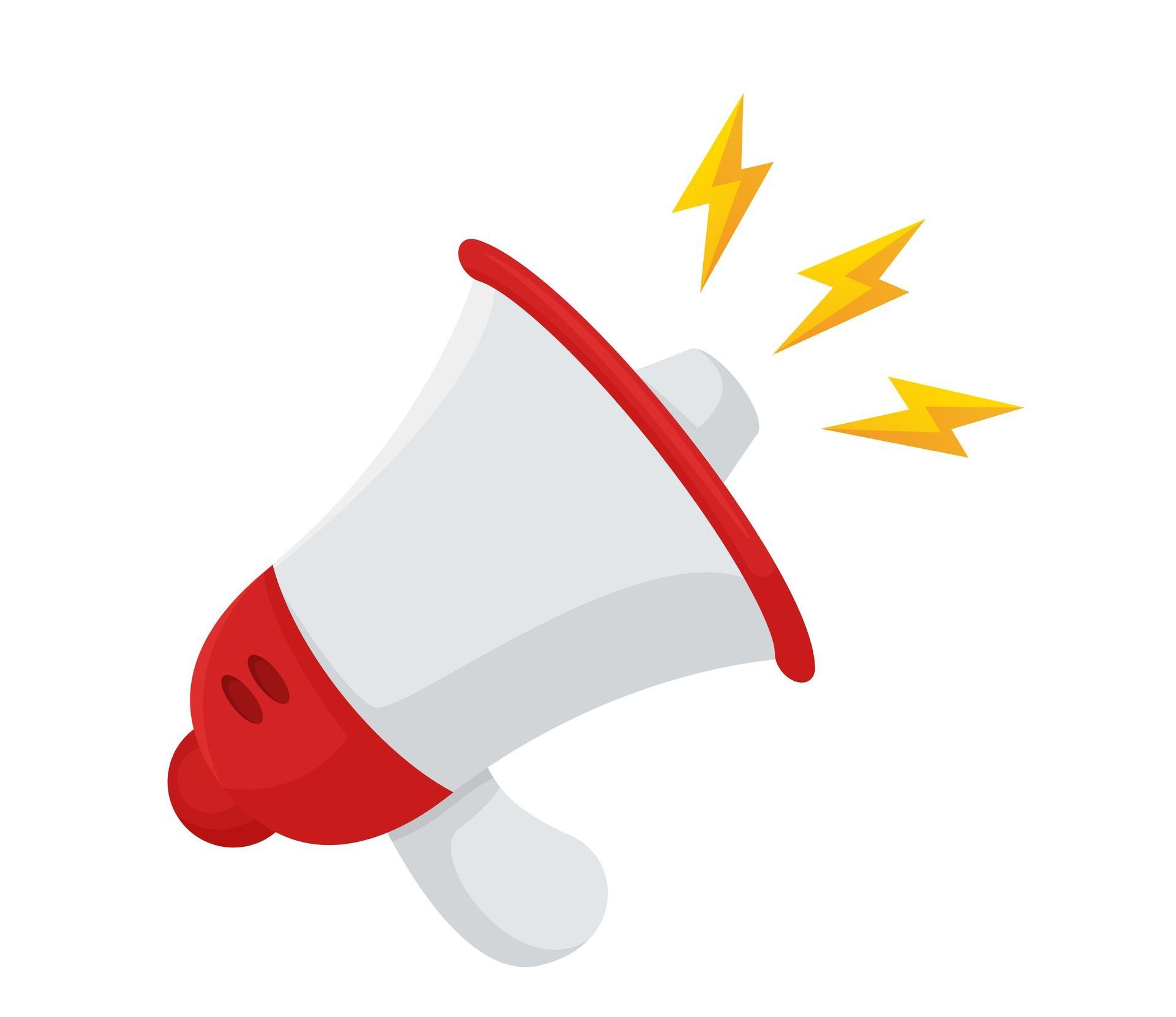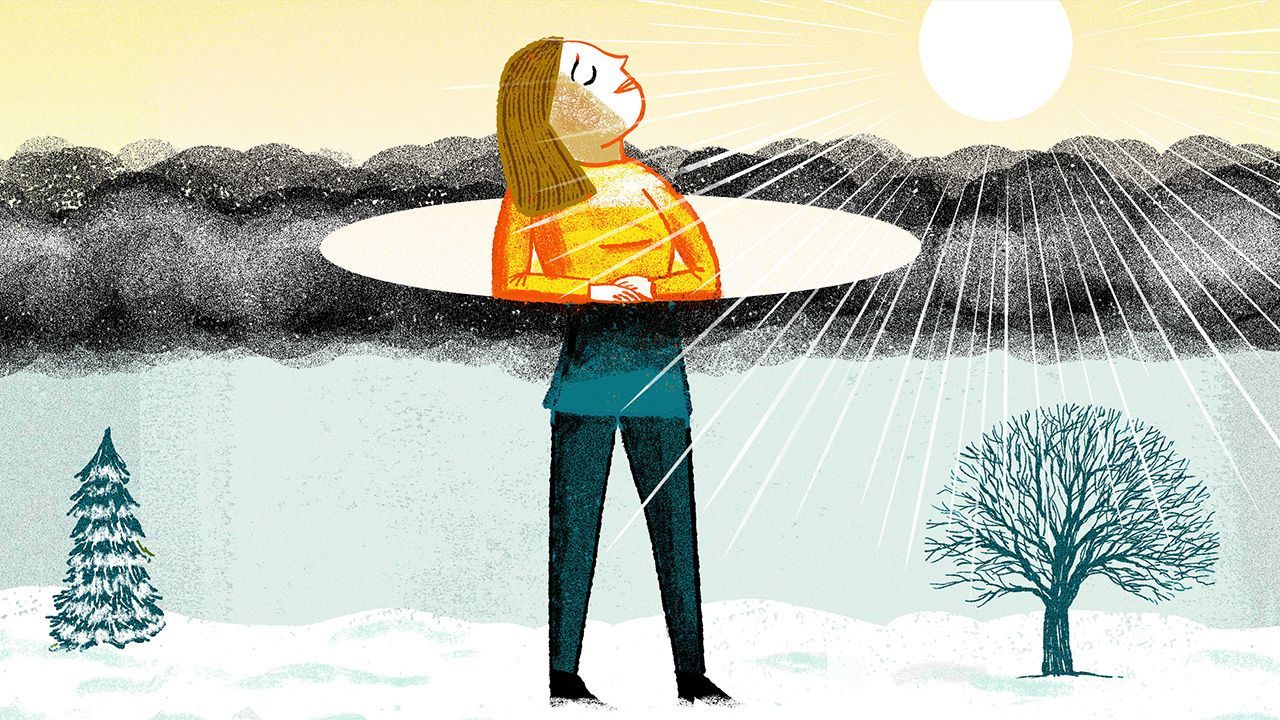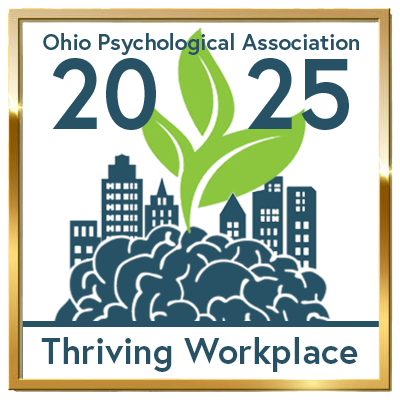
The bright lights, glitter and glamour of the holiday season has faded into the backdrop for another year. Darkness surrounds Northeastern Ohioans when they wake up and when they leave work. Oftentimes, the daylight hours are gray. As winter trudges forward, we start to gain a minute of daylight each day.
For many people, children and adults alike, the winter is often a depressing time of the year.
Psychologist have a definition for the feelings people are experiencing – seasonal affective disorder (SAD). Individuals with SAD find themselves in a mild to severe depression. This tends to be more common in women and in families where other members suffer from SAD. Today, SAD can affect people of all ages include men, children and teenagers.
The symptoms associated with SAD often appear in the winter months, then disappear as days grow longer and brighter coming into spring states Ken Duckworth, M.D., for the National Alliance of Mental Illness (NAMI). It is estimated that six percent of all Americans suffer from seasonal depression.
Symptoms of SAD
According to the Depression Center at the University of Michigan in Ann Arbor, here are the symptoms of SAD:
- Weight gain - cravings for sweet and starchy foods – comfort foods.
- Daytime fatigue - people are more tired and have less energy during the day. People find themselves sleeping a lot, but getting no relief from their fatigue.

- Increased irritability and anxiety - people tend to worry more than others about everyday events. They also have trouble concentrating.
- Social withdrawal - these people prefer to be alone. They shun the company of family and friends and don’t participate in activities they normally enjoy
- Physical discomfort - some people experience headaches and a heavy feeling in their arms and legs.
- Oversleeping - people tend to sleep more than what’s normal for them yet they still feel tired and have little energy. And in the summer months, people will have the opposite problem and experience insomnia.
- Thoughts of self-harm - some people can be so depressed that they have frequent thoughts of death or suicide.

How to overcome SAD
For children and adults, here are three good tips to overcoming SAD: light, exercise and nutrition.
Light
SAD is believed by many to be connected to limited light exposure. Therefore, make sure that your children spend time outdoors during winter daylight hours. Yes, it could be cold, but bundle them up properly and the sun exposure will do them good. Encourage them to get light exposure directly into their eyes.
Getting the right light is important. Blue light from computers, cell phones, television, e-readers and anything else that contains blue light is not helpful in the winter. Light from the sun, predominantly red or orange light, is a beneficial thing, especially during the short, darker days of winter. Most people notice a mood shift after spending time outside in the sunshine. This is due to the red and orange light waves that come from the sun.
Exercise
Depending on the temperature and how much snow has fallen or parents work schedules, it can be difficult for children to play outside in the winter; however the activity and sunlight will be extremely beneficial. Exercise and physical activity are a great way to fight depression. Parents should consider providing a space in their house for their children to be physically active. For example, a small basketball hoop in a room or partially finished basement would encourage activity.
Nutrition
Eating a proper diet is important in the treatment of SAD. As with any depression, children should eat limited amounts of sweets and simple carbs. Instead, children should eat healthy, whole-food diet, low in processed food and artificial ingredients to help address nutrient deficiencies that may be exacerbating SAD symptoms. Consuming foods rich in Vitamin D and DHA is helpful. Vitamin D produces easily in our bodies during the summer but is limited in the winter due to the angle of the sun. Food high in Vitamin D include fish and other types of seafood, dairy products, eggs and mushrooms.
If you experiencing any symptoms related to SAD, please contact C&A at 330-433-6075.

RECENT POSTS












